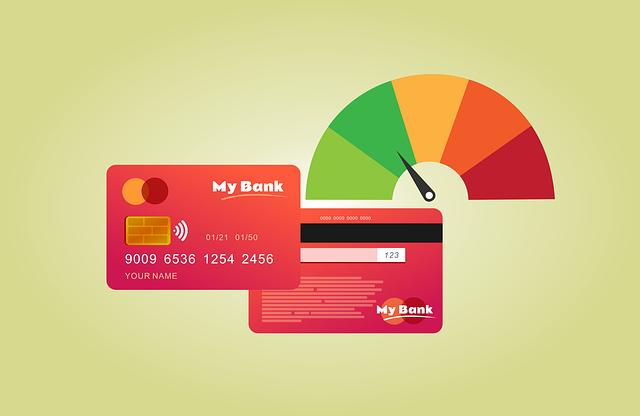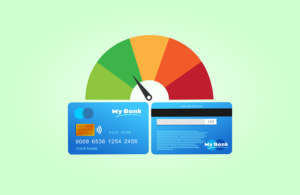Your credit report is a crucial part of your financial performance as an individual. If you’ve ever applied for a credit card, a personal loan, or insurance, there’s a file about you. This file is your credit report. It is chock full of information on where you live, how you pay your bills, settling credit card debt, and whether you’ve been sued or arrested, or have filed for bankruptcy. They use the information to evaluate your applications for credit, insurance, or a lease. Therefore in the case of a dent in your credit report, it is important that you know methods of fixing up your credit report.
Methods to Fixing Up Your Credit Report
Credit reporting companies sell the information in your report to creditors, insurers, employers, and other businesses with a legitimate need for it. If you need to take some steps towards fixing up your credit report, start with these 8 tips.
1. Correct any errors on your report:
It’s common to find that there is incorrect information in your credit report. You have the legal right to dispute and correct this information, and you should. You can send a written credit report dispute to each credit reporting agency that has reported inaccurate information.
2. Get help from your creditors:
Filing a dispute with the credit reporting agency can delete unverified information about debt, but not if the creditor insists that you owe them money and verifies that fact with the agency. In this case, you have to convince your creditor that there is an error. Supply whatever proof you may have to your creditor. If it’s insufficient, then you may have to agree to pay part or all of the debt, immediately or in installments.
3. Remove student loan defaults:
If student loan defaults are hurting your credit, take steps to remove them. If you qualify for certain loan discharges, then the fact that you were ever in default of a student loan can be deleted from your record. You can also rehabilitate or consolidate a defaulted student loan so that you’re no longer delinquent.
4. Clean up public record information:
Information in your public record can sometimes be the most damaging. This includes arrests, convictions, judgments, foreclosures, tax takings, and liens. The best way to remove such information is to start at the source – with the government agency providing the information to the credit bureau.
5. Delete old information:
Most bad information has to be removed from your report after a certain number of years.
After 7 years
• Accounts sent for collection or charged off.
• Lawsuits and judgments.
• Paid tax liens.
• Most criminal records.
After 10 years
• Bankruptcies.
Forever (may be reported indefinitely)
• Criminal convictions.
• Positive information.
6. Explain damaging information:
You can send a statement to the credit bureaus explaining damaging items. Now, they are not required to include the statement in your report, but they might agree to do so. For example, if you were sick and unable to work, and your creditor agreed to postpone your payments, then the bureau must include a statement as such.
7. Avoid overreacting to threats:
Creditors may threaten to report negative information to the credit bureaus, but this is just meant to pressure you to pay. In reality, that information is automatically reported every month no matter what. If the threat is coming from a collection agency, the threat is even less likely to make a difference. That information is also automatic.
8. Avoid credit repair agencies:
Avoid companies that promise to fix your credit report for a fee. These agencies usually cannot deliver on their promises. You can do a better job yourself by following the tips above, and find other resources to help you.
If you’re struggling to pay off debt, ACCC can help. Schedule a free credit counseling session with us today.






